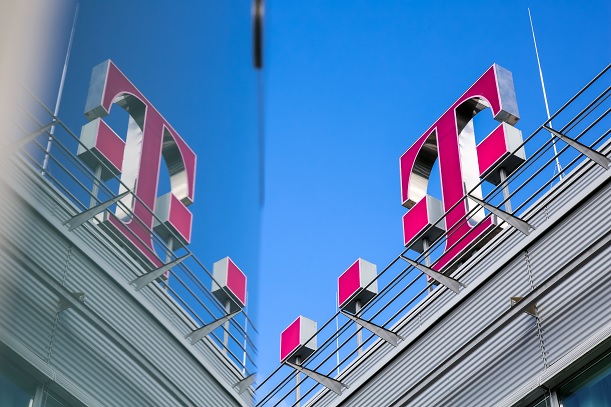As direct peering between the two ceases, the operator says Meta is discrediting “legitimate concerns of the European [telecom] industry and consumers…to avoid fair payment”
After a court ruling about payment that went against it, Meta has severed direct peering arrangements with Deutsche Telekom (DT), according to this post. Now it will carry network traffic via a third-party IP transit provider.
Meta writes, “Following months of discussion, we are surprised and disappointed by the breakdown in negotiations with Deutsche Telekom. We have settlement-free peering agreements in Germany and around the world with telecom providers that allow their users high-quality and fast access to our apps.
“People expect reliable internet connections from their telecom provider to quickly and easily access the content they choose. Unfortunately, Deutsche Telekom is putting the open internet at risk and undermining net neutrality principles. It is using its market power to put its subscribers in Germany behind a de facto paywall, potentially restricting their access to internet services that do not pay Deutsche Telekom.
It also said that Meta has taken “significant steps to keep its apps available directly through Deutsche Telekom, but given the court ruling concerning the unprecedented and unacceptable fees demanded, we are now routing our network traffic through a third-party transit provider, instead of exchanging traffic directly with Deutsche Telekom.”
Naturally interprets the situation very differently. Two hours after Meta published its side of the story, Europe’s biggest operator group pulled no punches in its response, entitled Meta is not above the law. It stated, “Meta is once again twisting the facts” and “Meta is…abusing its overwhelming bargaining power to discredit legitimate concerns of the European telecommunications industry and consumers in order to avoid fair payment”.
Origins of the dispute
The dispute began with the termination of the original IP transit arrangement between the two. Meta thought it was paying too much – around €5.8 million annually – and reportedly requested a 40% discount. Telekom offered a 16% reduction. After intense negotiations the two could not agree and Meta terminated the agreement.
“In the midst of the coronavirus crisis, Meta abruptly terminated a long-standing data transport contract with Deutsche Telekom and ceased all payments, even as data traffic through Telekom’s network soared to unprecedented levels. Telekom sued Meta and won,” said Wolfgang Kopf, SVP for Group Public and Regulatory Affairs stated in this blog after the court ruling.
The telco acknowledged the termination, but kept the ports open “for the benefit of consumers and society in general” as it looked to establish a new agreement, as reported in detail at golem.de. Meta continued to send its traffic to Telekom’s network on the basis of settlement-free peering, so the telco eventually used the social network.
In May DT won a court case against Meta when the Cologne Regional Court upheld DT’s lawsuit and ordered the social media company to pay around €20 million.
Fair share is at the heart of the matter
Whatever the ins and outs and of the issues, at the heart of the disagreement is European operators believe they should be paid to carry the huge volumes of traffic generated by a handful of companies including Meta, Netflix, Google, Amazon et al.
The content providers argue that the reason people want and are prepared to pay for mobile and fixed broadband is because they want to use the services Big Tech offers.
Operators have been known to ‘throttle’ traffic, that is deliberately degrade service which their opponents argue is against the principles of net neutrality, which in a nutshell is about treating all traffic the same. Opponents of net neutrality in its current form point out that the principle was drawn up, email, not video streaming, was the killer app and it is outdated and inappropriate for today.
There is no doubt this polarising issue will continue to run and run.


